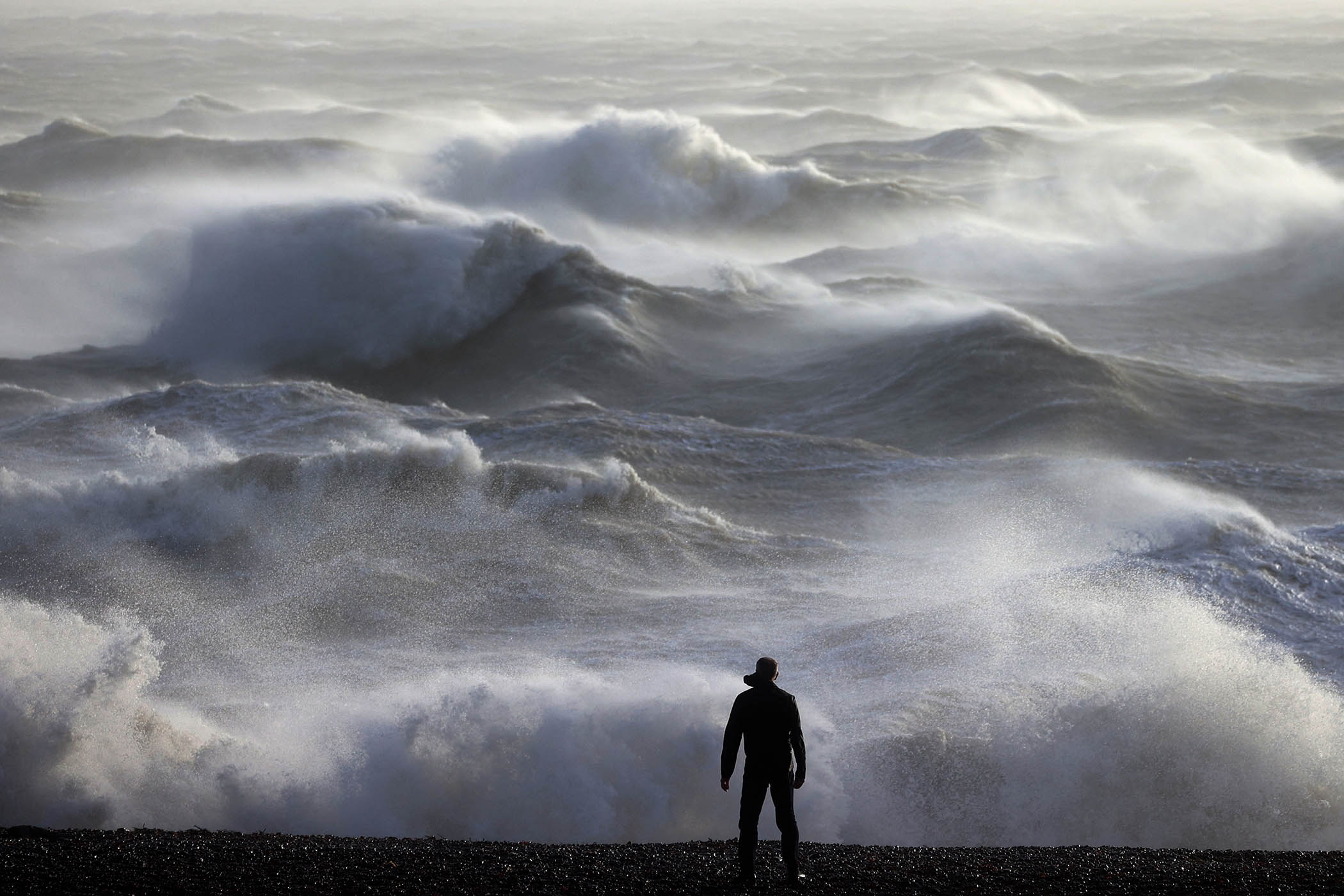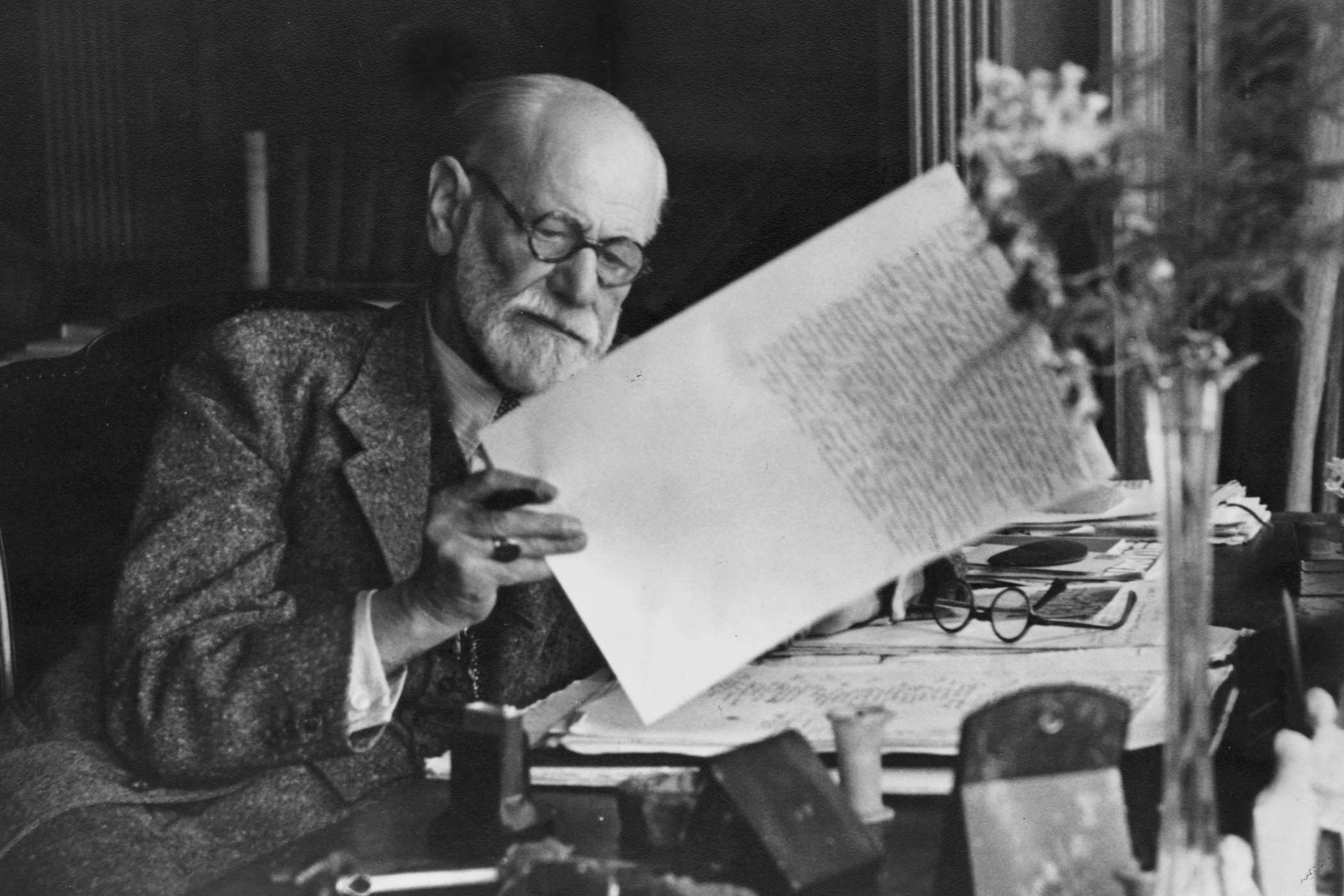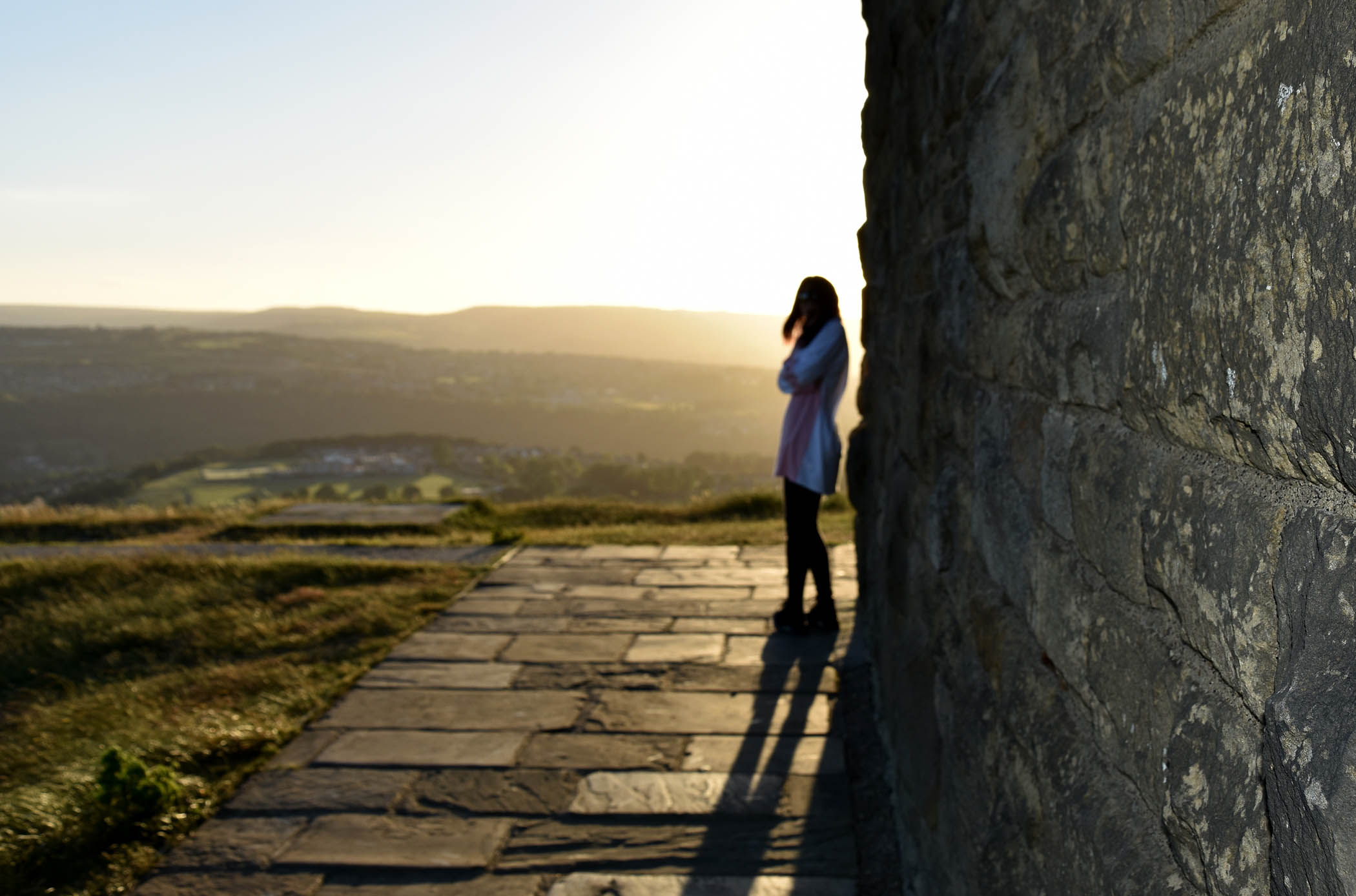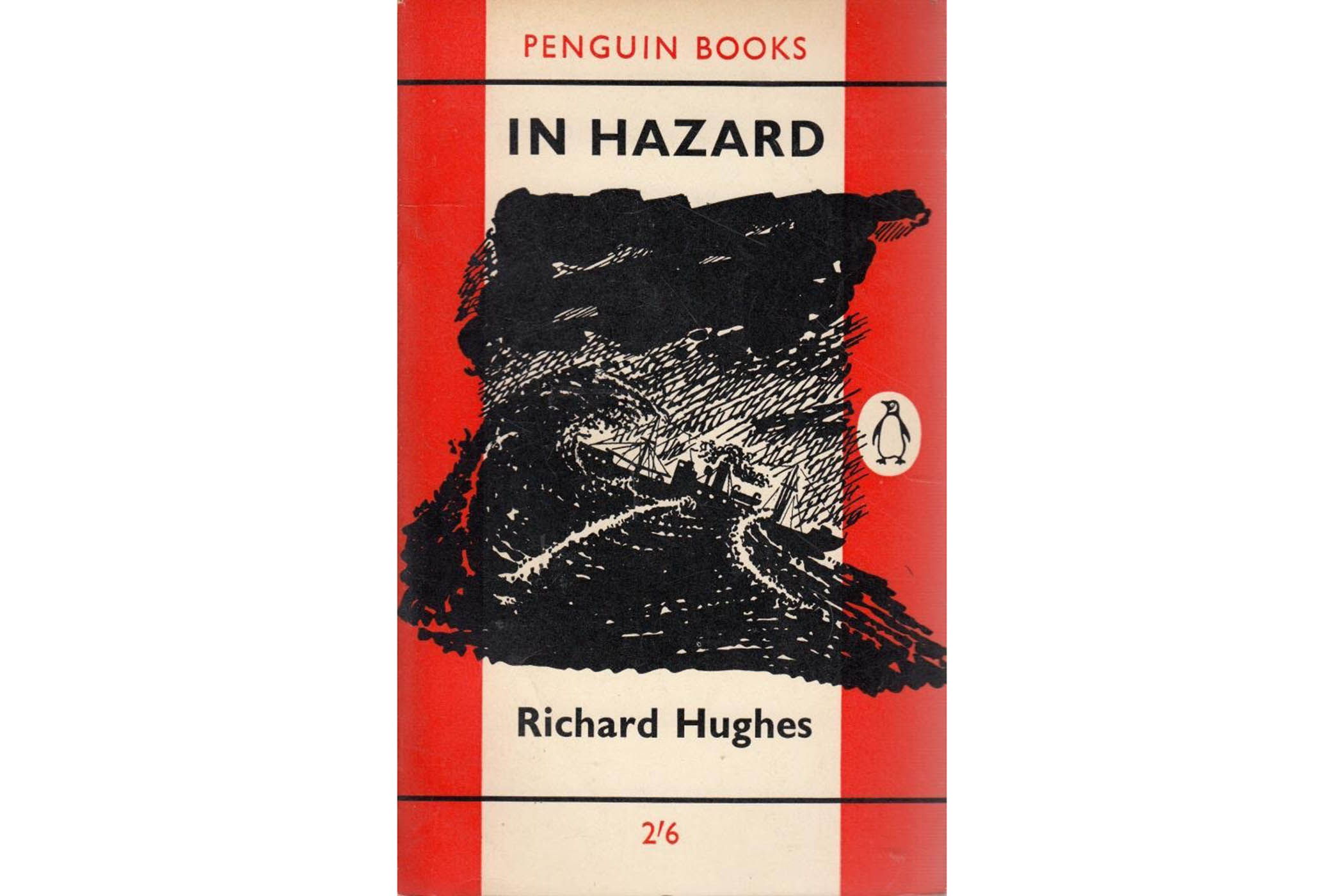
In Hazard by Richard Hughes (1938)
Weather is surely best related by way of events – with storms more likely to be rich in drama than accounts of drought or doldrum. Homer and Shakespeare saw this early on; Daniel Defoe made much of London’s Great Storm of 1703; and Joseph Conrad wrote his the classic Typhoon. But, for my money, none can come close to the work of Richard Hughes. Though he is best known for A High Wind in Jamaica (the 1965 film version casting an instantly recognisable 15-year-old Martin Amis), his novel In Hazard is the most exciting depiction imaginable of a cargo ship trapped inside a Caribbean hurricane, loosely based as it is on the testimony of the crew of the Phemius, who survived such an ordeal in 1932. Read it and never sail again.
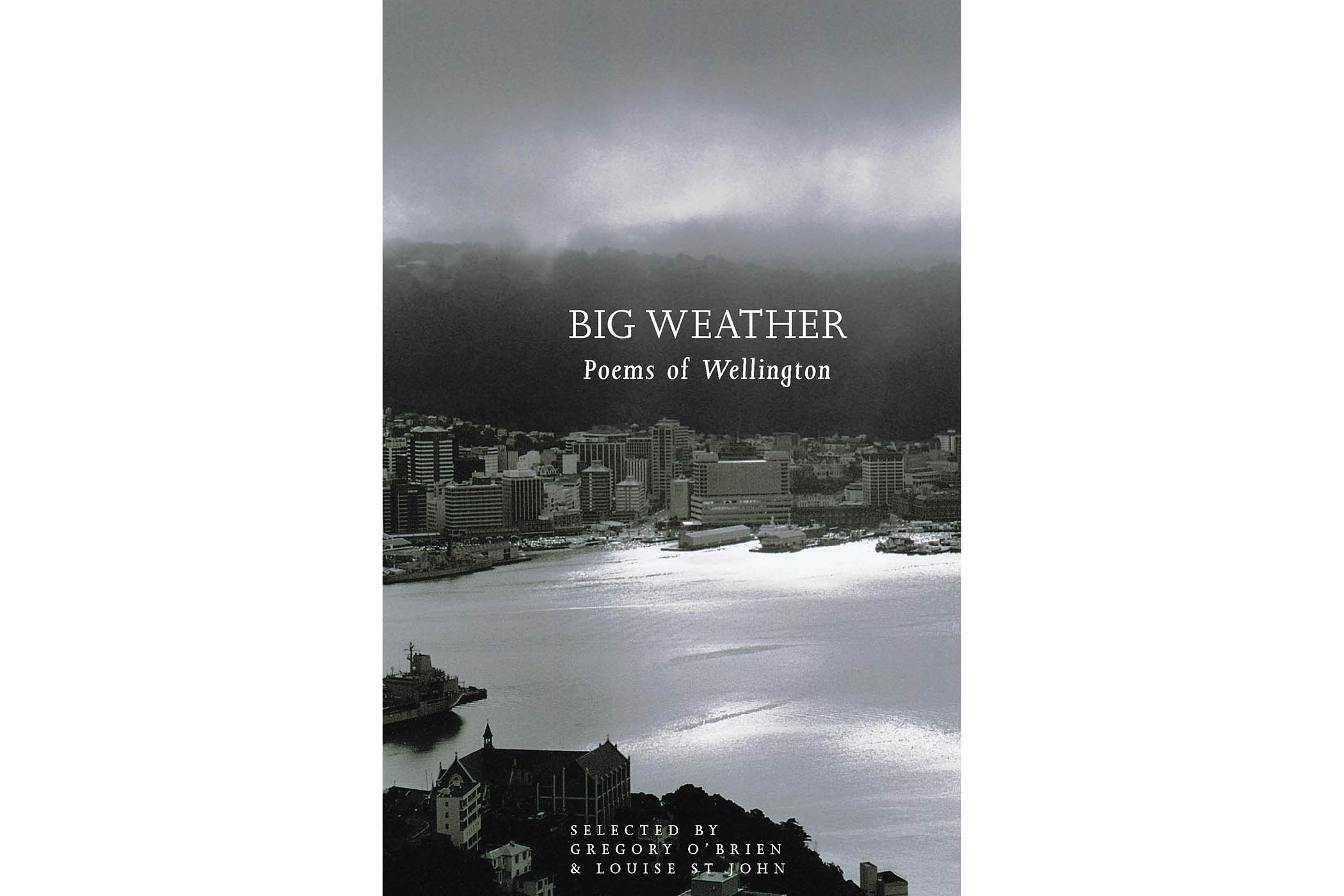
Big Weather edited by Gregory O’Brien & Louise St John (2000)
Few cities experience windy conditions as severe as New Zealand’s capital, Wellington. The last time I was there my spectacles were blown clean off my face and I watched them, now out of focus, get flattened by a passing lorry. Half a century ago, a horrified population, ranged in their thousands along the harbourside, watched as a fully-laden passenger liner, the Wahine, was blown to destruction, sinking in full view just a mile from where she was due to berth. Scores died, in the greatest marine tragedy in the country’s history. Everyone in Wellington has a weather story, and this collection of poems prompts due reflection on why this city, seemingly made of meteorology, is so special.
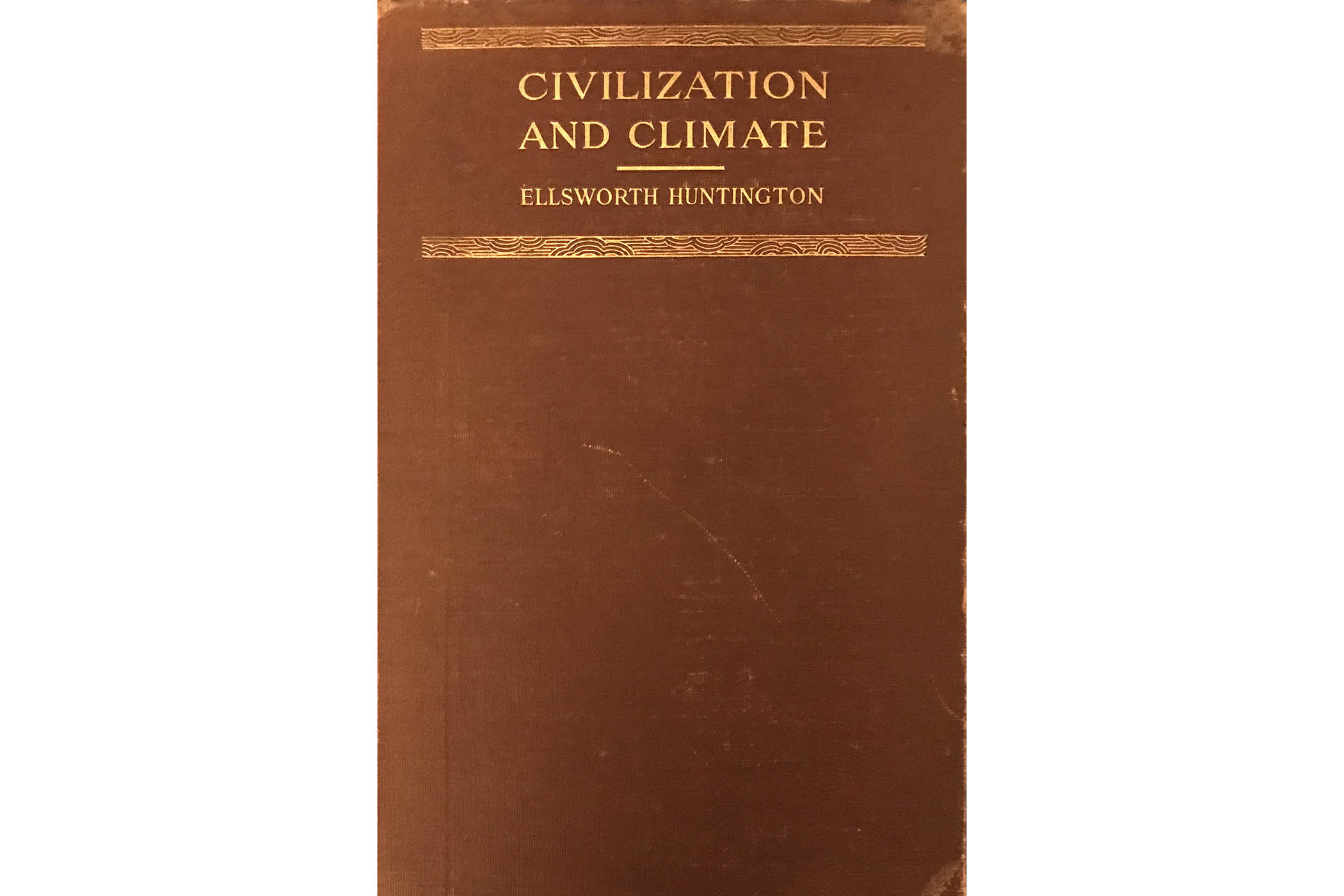
Civilization and Climate by Ellsworth Huntington (1915)
Those who would become the world’s cleverest, most civilised peoples, Huntington writes, tended to originate in places where “there was an endlessly variable succession of different kinds of weather” and “where the atmospheric environment presented constant challenges of the unexpected”. Such racist thinking is abhorrent, and there are many reasons why I should recommend against reading this book. But Ellsworth Huntington was a much admired Yale geographer, and Civilization and Climate, first published in 1915, was taught for many years. I include it to show how nuanced, and problematic, our relationship with weather has long been, rather than to dust off the old arguments over Oslo v Ouagadougou, or London v Lhasa. To those we know the answer: empirical knowledge may have some loose connection to geography, but wisdom, far more important a feature, is distributed evenly across all humankind. And whatever the weather.
Simon Winchester’s The Breath of the Gods: The History and Future of the Wind is published by William Collins (£25). Order a copy from The Observer Shop for £22.50. Delivery charges may apply
Photography by Adrian Dennis/AFP via Getty Images
Newsletters
Choose the newsletters you want to receive
View more
For information about how The Observer protects your data, read our Privacy Policy
